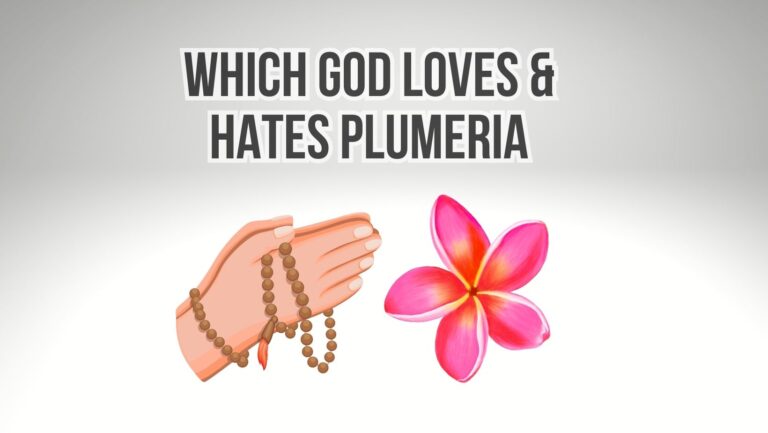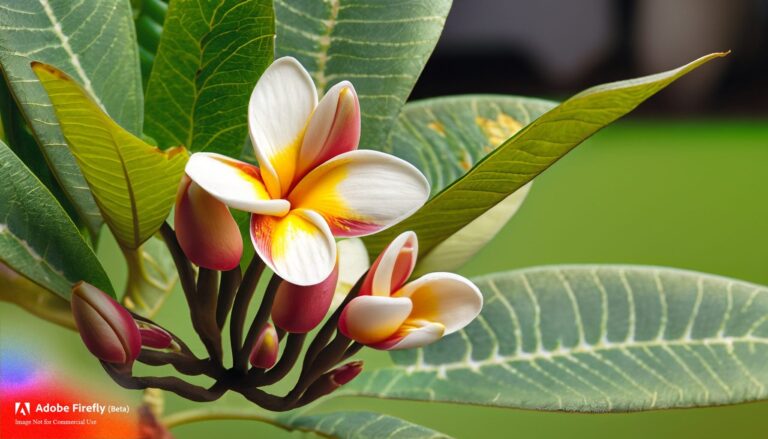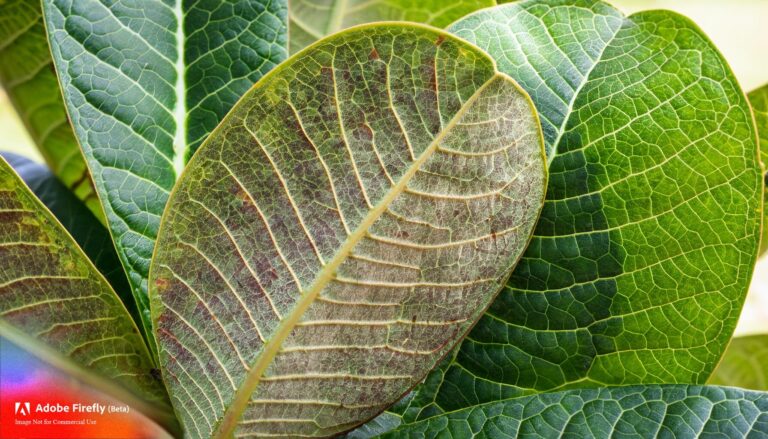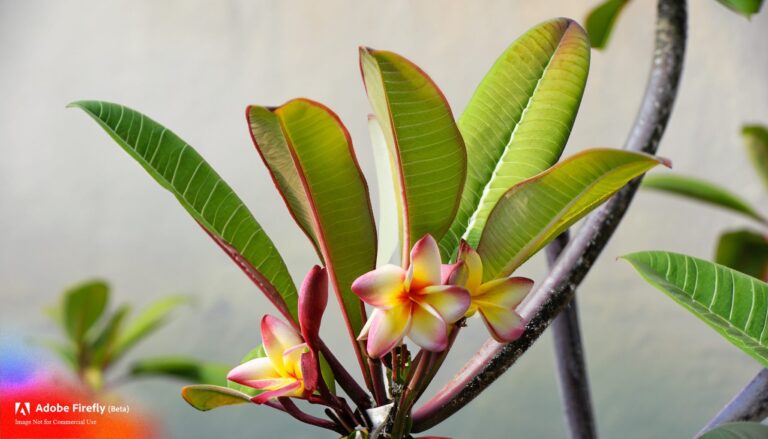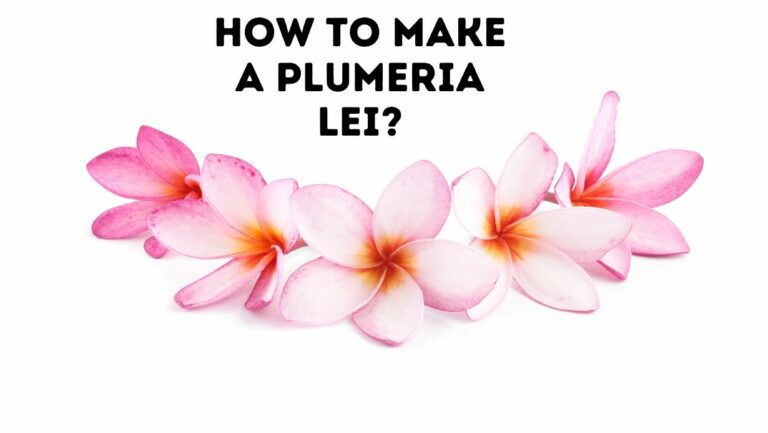
Ants are a common sight on plumeria plants, often attracted to the sweet nectar produced by the flowers. While ants themselves may not directly harm plumeria plants, their presence can be an indicator of underlying issues or the presence of other pests. Understanding the causes, implementing effective treatment methods, and taking preventive measures can help manage ants on plumeria plants.
Causes of Ants on Plumeria
Ants are attracted to plumeria plants for various reasons:
- Nectar-seeking: Plumeria flowers produce nectar, which attracts ants seeking food sources. The ants feed on the nectar and may establish colonies near the plants.
- Honeydew: Certain pests, such as aphids or scale insects, produce honeydew, a sweet, sticky substance that ants feed on. Ants may be present on plumeria plants to harvest the honeydew produced by these pests.
- Shelter: Ants may establish colonies in or near plumeria plants to seek shelter and protection. The plants’ structure and foliage provide suitable hiding places for ant colonies.
Treatment of Ants on Plumeria
While ants on plumeria may not directly harm the plants, controlling their presence is essential for managing underlying pest issues. Here are some effective treatment methods:
- Identify and Control Underlying Pests: Inspect the plumeria plant for signs of aphids, scale insects, or other honeydew-producing pests. Control these pests using appropriate methods such as insecticidal soaps, neem oil, or beneficial insects. By addressing the primary pest issue, you can reduce the attractiveness of the plumeria to ants.
- Ant Baits: Place ant baits near the plumeria plants to attract and eliminate the ant colonies. Ant baits contain a substance that ants carry back to their colonies, effectively controlling the population. Follow the instructions on the ant bait product for proper usage.
- Physical Removal: If you notice ant trails on the plumeria plant, physically remove the ants using a gentle stream of water or by brushing them away with a soft brush. This method helps temporarily control their presence.
- Barriers: Create physical barriers around the plumeria plant to prevent ants from climbing up or reaching the flowers. Apply sticky barriers or bands around the trunks or stems to deter the ants.
- Trimming and Pruning: Regularly trim and prune the plumeria plant to remove any dead or overgrown foliage. This reduces hiding places and minimizes ant activity.
- Professional Assistance: If the ant infestation persists or becomes severe, consider seeking professional pest control assistance. Pest control experts can provide targeted treatments and help address underlying pest issues effectively.
Prevention of Ants on Plumeria
Preventing ant infestation on plumeria plants involves adopting preventive measures:
- Maintain Plant Health: Healthy plumeria plants are more resilient to pests, including ants. Provide proper care, including regular watering, appropriate fertilization, and adequate sunlight.
- Monitor and Inspect: Regularly monitor the plumeria plants for signs of pests, including ants. Early detection allows for timely intervention and prevents pest populations from establishing.
- Remove Attractive Food Sources: Trim off any excess plant parts or flowers that produce excessive nectar, reducing the attraction for ants. Removing fallen flowers or debris also eliminates potential food sources.
- Improve Air Circulation: Adequate air circulation around plumeria plants discourages ants and helps dry out the flowers and foliage faster, making the environment less favorable for pests.
- Maintain a Clean Surrounding Area: Keep the area around the plumeria plants free from debris, fallen leaves, and other organic matter. This reduces potential hiding places and nesting sites for ants.
By implementing these treatment and prevention methods, you can effectively manage ants on plumeria plants, ensuring their health and preventing potential pest issues.
Black and red ants on Plumeria: Should I be Worried?
If you notice black and red ants on your plumeria plants, you may wonder if you should be worried about their presence. Here’s some information to help you understand the situation:
The presence of ants on plumeria plants alone is not typically a cause for immediate concern. Ants themselves do not directly harm plumeria plants or feed on them. However, their presence can indicate underlying issues, such as the presence of other pests or honeydew-producing insects.
Black and red ants are commonly found in outdoor environments and can be attracted to the sweet nectar from plumeria flowers. They may also be drawn to honeydew produced by pests like aphids or scale insects, as these ants often have a symbiotic relationship with such insects.
While the ants themselves may not harm the plumeria plant, it is important to investigate the reason for their presence. Check for any signs of pests like aphids, scale insects, or mealybugs, as these insects produce honeydew that ants feed on. If you detect such pests, it is advisable to take appropriate measures to control them, as their infestation can damage and affect the overall health of the plumeria plant.
Summary
It is also important to consider the extent of the ant presence. If you notice only a few ants occasionally visiting the plumeria flowers, it may not be a cause for major concern. However, suppose you observe many ants and notice them actively tending to pests or forming trails. In that case, addressing the underlying pest issues and taking preventive measures is recommended.
In summary, while the presence of black and red ants on plumeria plants alone may not be problematic, it is essential to investigate for any associated pest infestations and take appropriate actions to control them. Regular monitoring and proper pest management practices will help ensure the health and well-being of your plumeria plants.
FAQs
- Do ants directly harm plumeria plants? Ants themselves do not directly harm plumeria plants. However, their presence can indicate underlying pest issues, and they may disrupt the natural balance of the ecosystem around the plant.
- Should I be concerned if I see ants on my plumeria plants? While ants on plumeria plants are not typically a cause for immediate concern, it is important to investigate the reason for their presence. Addressing any underlying pest issues can help maintain the plant’s health.
- Can ants protect plumeria plants from other pests? Some species of ants may engage in mutualistic relationships with pests like aphids, protecting them in exchange for honeydew. However, this is not beneficial for the plumeria plant in the long run, as it can lead to pest infestations and plant damage.
- Are there any natural methods to deter ants from plumeria plants? Natural deterrents for ants include substances like cinnamon, citrus peels, or coffee grounds sprinkled around the base of the plumeria plant. While these methods may have limited effectiveness, they can provide temporary repulsion.
- Can ants cause damage to plumeria flowers or foliage? Ants themselves do not typically cause direct damage to plumeria flowers or foliage. However, their presence can attract other pests that may harm the plant.


